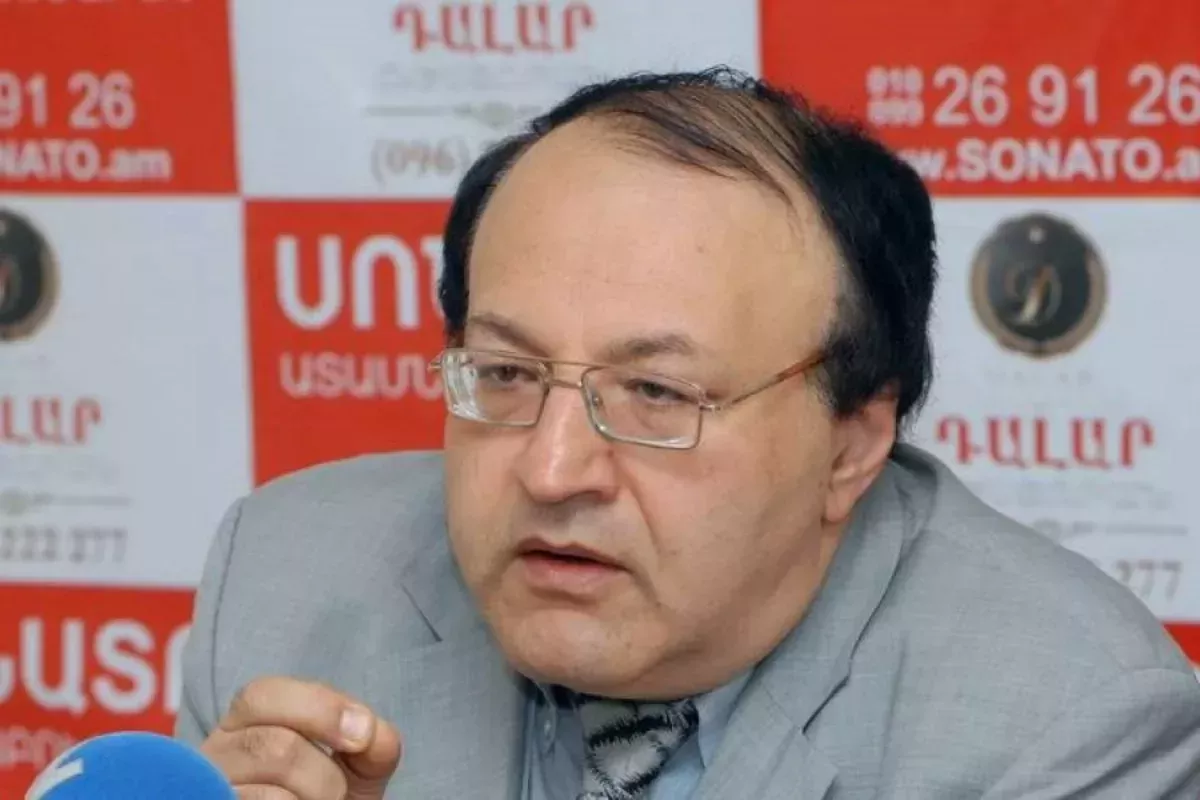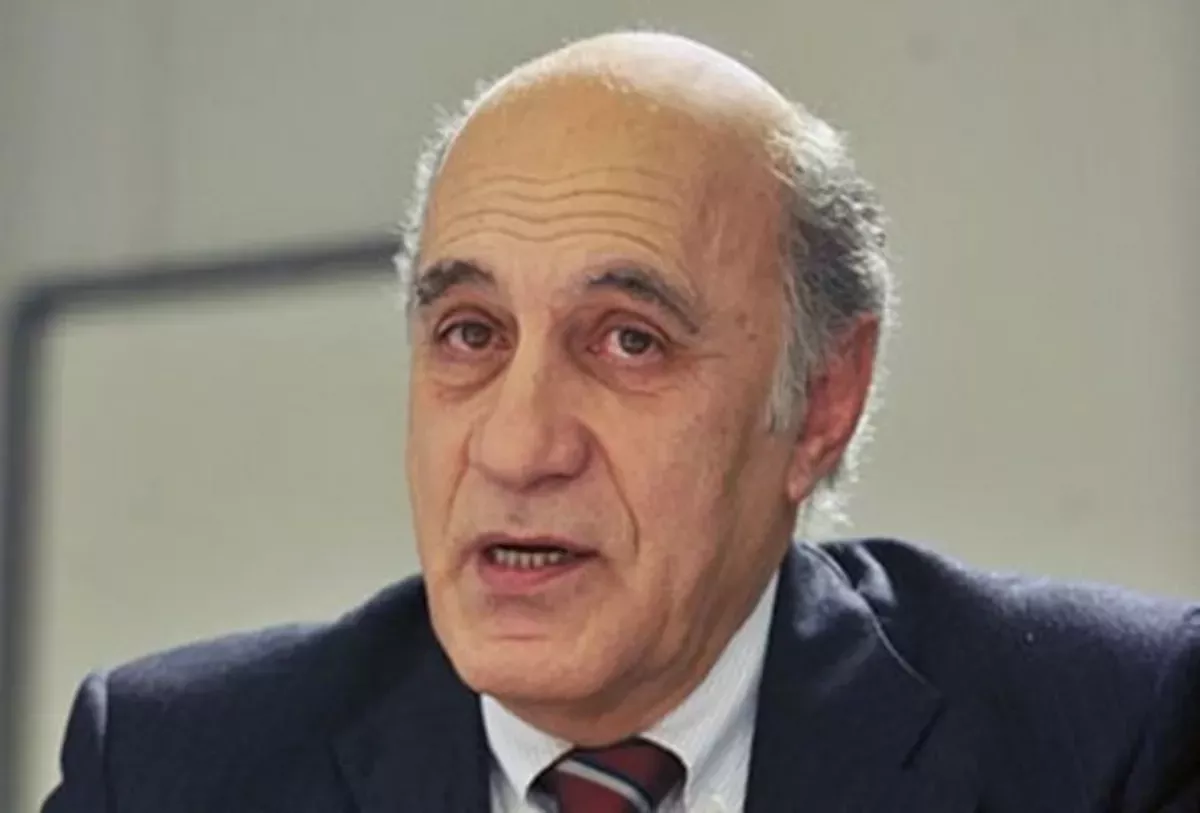Azerbaijan – Armenia: peace in practice Expert opinions on Caliber.Az
President of Azerbaijan Ilham Aliyev, in a joint press statement with President of Kazakhstan Kassym-Jomart Tokayev, announced that Azerbaijan has lifted all restrictions on cargo transit to Armenia that had been in place since the time of occupation. “Azerbaijan has lifted all restrictions on cargo transit to Armenia that had existed since the time of occupation. The first such transit cargo was a shipment of Kazakh grain to Armenia. I believe this is also a clear indication that peace between Azerbaijan and Armenia is no longer merely on paper but has already become a matter of practice,” said President Aliyev.
Meanwhile, Armenian Minister of Economy Gevorg Papoyan reported that the first batch of Kazakh grain will soon be delivered via the Aktau–Baku route and then transported by rail through Azerbaijan and Georgia to Armenia. “Peace has been restored,” the minister noted.
Foreign experts shared their perspectives with Caliber.Az on what does this development mean for Azerbaijan, Armenia, and the wider region?

The President of the Armenian Association of Political Scientists, Doctor of Political Science Hmayak Hovhannisyan, believes it is indisputable that President of Azerbaijan Ilham Aliyev’s decision carries strategic significance, as it signals the irreversibility of the peace process between Azerbaijan and Armenia, which began with the historic agreements signed in Washington under the auspices of U.S. President Donald Trump.
“It is noteworthy that Ilham Aliyev announced the decision to lift all restrictions on cargo transit to Armenia during a joint press conference with President of Kazakhstan Kassym-Jomart Tokayev, and that the first transit shipment to Armenia will come from Kazakhstan. In doing so, Ilham Aliyev presented his important decision as no less significant a political message to the Armenian people: close cooperation among Turkic states does not threaten the Armenian state or its people; on the contrary, it promises substantial benefits for Armenia. This is a very important message, especially ahead of the upcoming elections to the National Assembly of Armenia, where Prime Minister Nikol Pashinyan faces a challenging task, considering the serious intentions of the Dashnak and pro-Dashnak opposition to prevent him and his Civil Contract party from forming a government again.
Although I am personally convinced that, in light of Ilham Aliyev’s decision, and the logically consequent and therefore predictable decision by Turkish President Recep Tayyip Erdoğan to open the Armenia–Türkiye border, it is clear that whoever comes to power as a result of the elections in Armenia will have to acknowledge the impossibility of reversing the peace process between our peoples and countries. Our peoples can be reproached for various faults—no one is without sin!—but whatever is said, both our peoples share a capacity for responsiveness. In fact, responsiveness is characteristic of all Caucasian peoples,” Hovhannisyan said.

Kazakh political analyst Gaziz Abishev noted that, first of all, such a significant step indicates that Azerbaijan regards the current status quo as the true conclusion of the war.
“In this sense, it is a positive signal for society as a whole, as it reassures people. The war is over, Azerbaijan has achieved its objectives, and now sustainable development lies ahead.
But I also believe this is a political tool. Firstly, lifting trade restrictions on an isolated country demonstrates Azerbaijan’s goodwill and positive intentions to the international community, particularly to partners such as Kazakhstan, Russia, the United States, the European Union, and other countries. This shows that Azerbaijan harbours no emotional or ethnic animosity toward Armenia; the trade blockade was a tool of strategic opposition, driven by pragmatism rather than emotions. That is the first point,” the expert said.
“And secondly,” he continued, “it is important to understand that Armenia needs to be integrated into free trade.
“For example, if Kazakh grain reaches Armenia at reasonable prices and good quality, and if the opening of trade diversifies Armenia’s economy—both in terms of imports and exports—this will increase Armenia’s economic dependence on peaceful relations with Azerbaijan and reduce its reliance on alternative actors. Consequently, if any unresolved issues remain, once Armenia becomes accustomed to this positive environment, it will find it much harder to enter into confrontation or reject Azerbaijan’s proposals for mutually acceptable compromise. That is what this means,” Abishev concluded.

Political analyst and professor at the Western Caspian University, Fikret Sadikhov, stated that the decision is important both strategically and tactically.
“President Aliyev did not choose the venue in Astana by chance for such an important announcement, as the first batch of grain to Armenia will come from Kazakhstan. Essentially, this is a very significant step in establishing a peaceful agenda in the South Caucasus. Moreover, it is clear that this is important not only for the South Caucasus but also for countries that plan to achieve their economic objectives through transit via Azerbaijan.
I believe this marks a new chapter that will further bring our two countries closer together, and Baku is doing everything necessary to ensure that peace, stability, and security are established in the region, particularly in Azerbaijan–Armenia relations. This is what the peoples of our countries need.
It is also essential for the prosperity of the region and for fostering even greater mutual understanding in other spheres. I have no doubt that the international community will perceive this as a very serious step by the Azerbaijani president, aimed at implementing the peace proposals and ideas put forward immediately after the end of the 44-day war,” Sadikhov emphasised.








